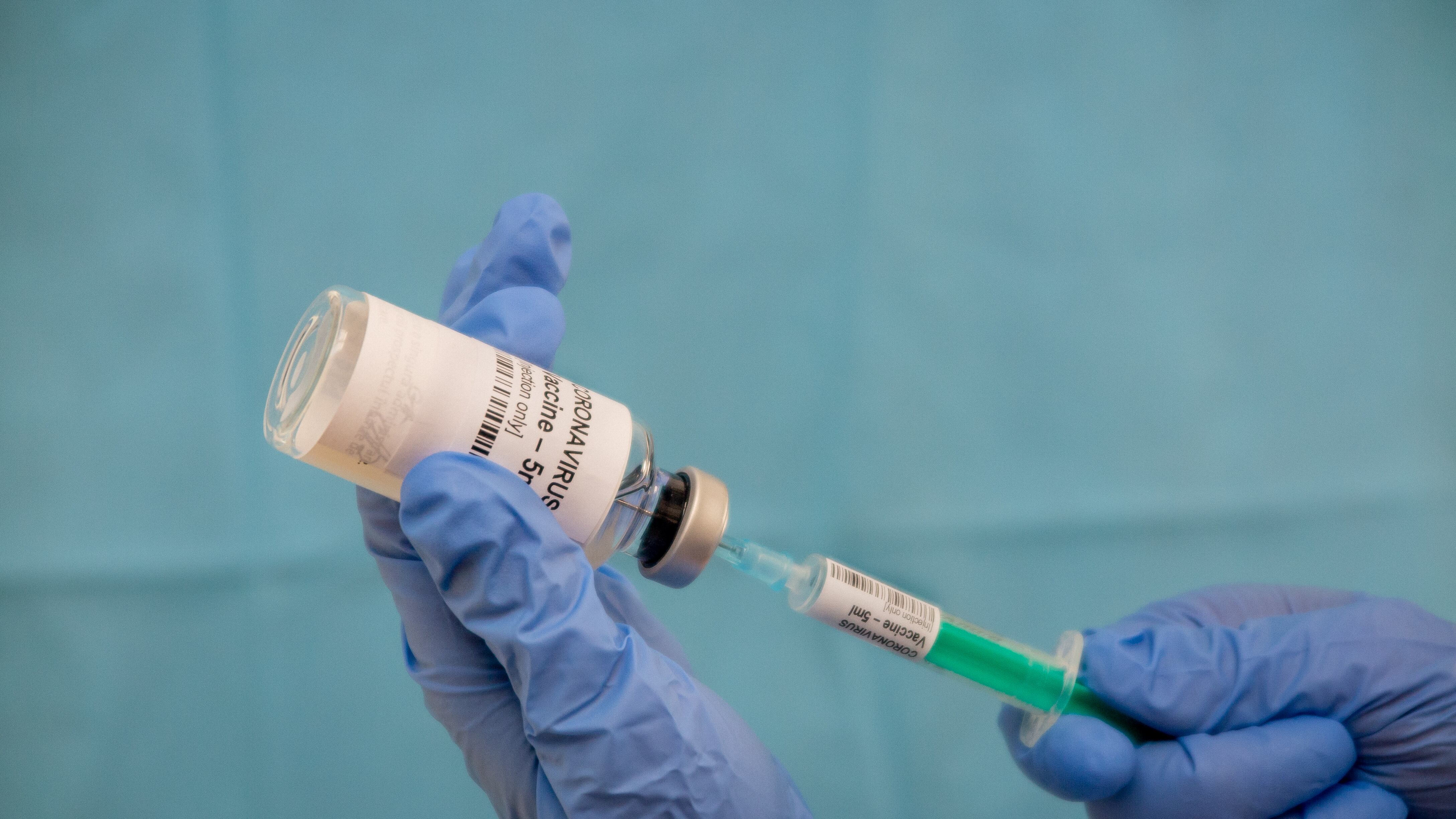As the race for a coronavirus vaccine continues, employers are about to face a difficult decision: Once a safe and viable option is widely available, should they require employees to get vaccinated, or do they choose the less aggressive approach of offering encouragement and incentives?
In the U.S., where health care and employment are deeply entangled, this question could play a significant role in what is shaping up to be the most ambitious vaccination program in history. How and whether companies participate could mean the difference between a successful roll-out, and one fraught with suspicion and misunderstanding.
"When a vaccine is brand new, like a COVID vaccine will be, the first order of business is to focus on the education of the potential vaccine recipient about what to expect and why it's recommended," said Dr. Kelly Moore, associate director for the Immunization Action Coalition, an educational nonprofit focused on spreading awareness about vaccines.
Moore, whose background includes stints advising the World Health Organization and helping with other high-profile vaccination programs, argues that companies can play an important role, but mandates should be avoided until other steps are taken first.
"Certainly mandates can have their place, but they must be used judiciously," Moore said. "They're not the first tool that we implement when it comes to a new vaccine."
There are precedents for employer mandates, but most are limited to health care systems requiring front-line workers to receive a yearly flu shot. In other cases, they required basic MMR vaccines, for mumps or measles, as a condition of employment.
Now coronavirus has given the entire economy a stake in halting transmission, making mandates a tempting option.
The University of California has set a deadline of November 1 for all faculty and staff to receive an influenza vaccine. The goal is to avoid putting additional burden on the health care system with flu cases during a possible second surge in COVID-19 cases come fall.
"By vaccinating our students and employees to mitigate the impact of
influenza in the coming season, the University is doing our part to ensure that limited, lifesaving health care resources are available for those most in need, including those at risk for severe influenza or COVID-
19," said Dr. Carrie L. Byington, an infectious disease expert and executive vice president of University of California Health.
At the moment, legal barriers to this kind of requirement don't exist at either the state or federal level — with an important caveat.
"The caveat is you have to allow for exemptions, or really what you would call an accommodation, either for medical reasons or for sincerely held religious reasons," said Kevin Troutman, partner at Fisher Phillips LLP.
The Americans with Disabilities Act (ADA) limits employers' rights to intervene in an employees' health, requiring that any action be related specifically to the needs of the job. With healthcare workers, the connection is clear: vaccination protects workers who are routinely in contact with sick patients and prevents infection from spreading.
"The question really becomes how far beyond health care could an employer impose these requirements," Troutman said.
From a legal standpoint, Troutman's advice for companies is to target any mandatory vaccination program at the workers who stand to benefit the most. In a hotel, for instance, require front-desk employees to get vaccinated, but perhaps not back-of-house employees, he said.
He also said that companies can offer clear incentives in place of a mandate, such as requiring those who don't get vaccinated to continue wearing a face mask or work remotely.
"There's a very fine line between requiring it and encouraging it. I think the answer for employers is: make it clear in your policy that employees absolutely can request an exception or an accommodation," he said.
Troutman also stressed that these are extraordinary times. Coronavirus has already shifted a number of workplace norms. Companies are already taking employees' temperatures and requiring them to answer health questions on a regular basis.
"That's not something that employers would ordinarily be able to do," he said.
With President Trump's and Dr. Anthony Fauci's confident claims that a vaccine will be available within the year — faster than any vaccine ever has been developed — many are also concerned about the safety.
This makes a careful, education-based approach all the more important, according to Moore.
"Many of the things that we call vaccine hesitation are actually issues of access, convenience, affordability, education, and unanswered questions," she said. 'Some people will ask me, 'Well, are you going to be at the front of the line to get the new vaccine as soon as it's authorized?' and my response is, 'I want to see the data. I'm not sure yet.'"
Helping answer those questions will be a priority in the months leading up to a vaccine.
"It is totally normal at this point, where we don't have an approved vaccine, for people to have questions," she said. "That's why I think it's not the right time to be talking about mandates for vaccines that we don't yet know everything about."



